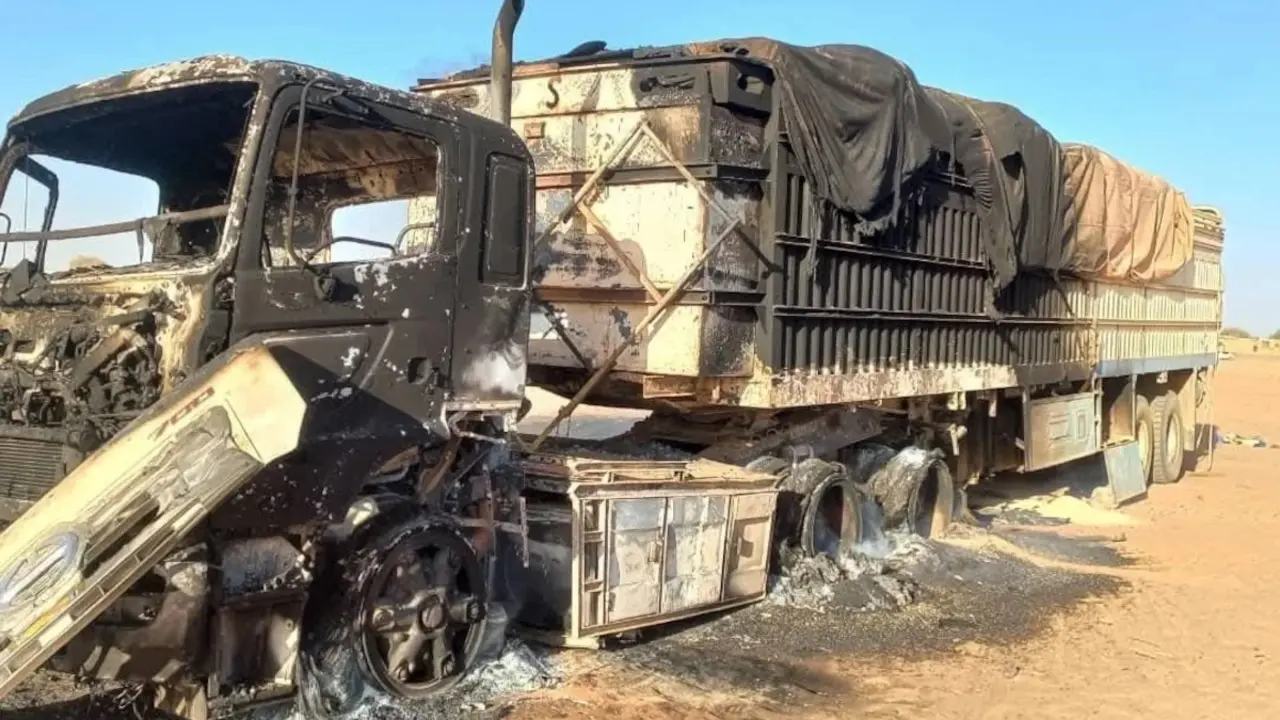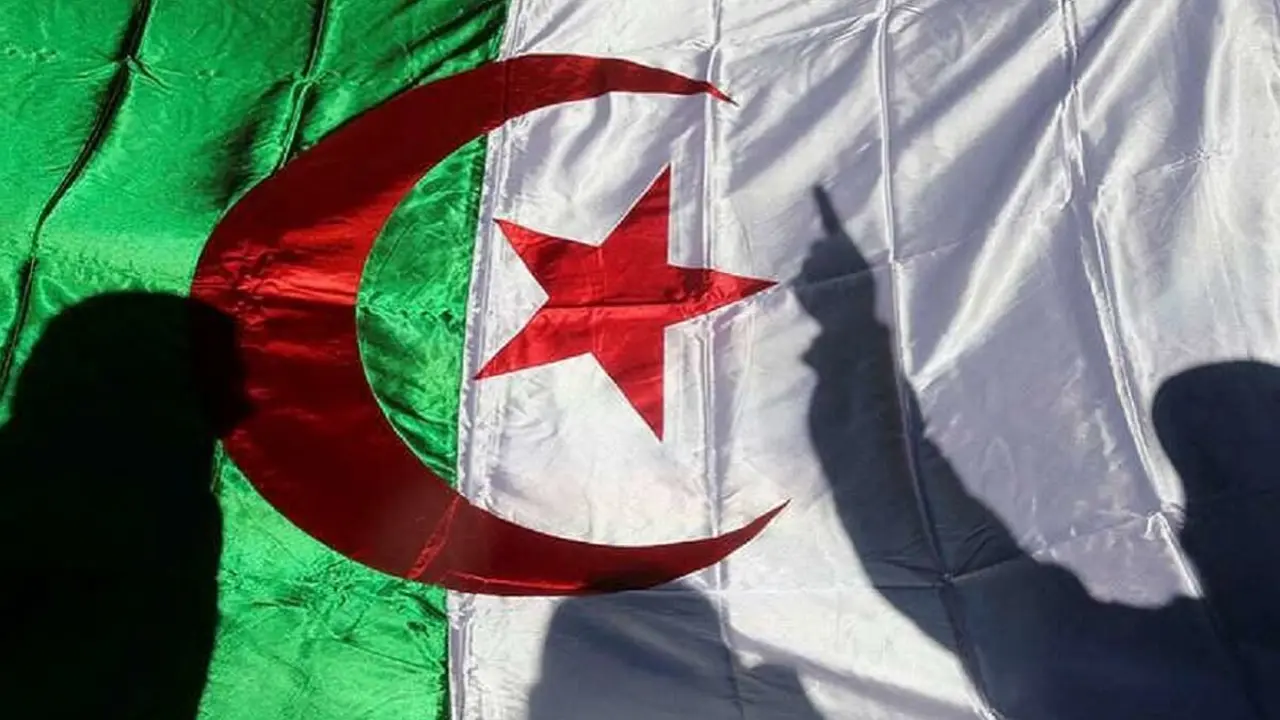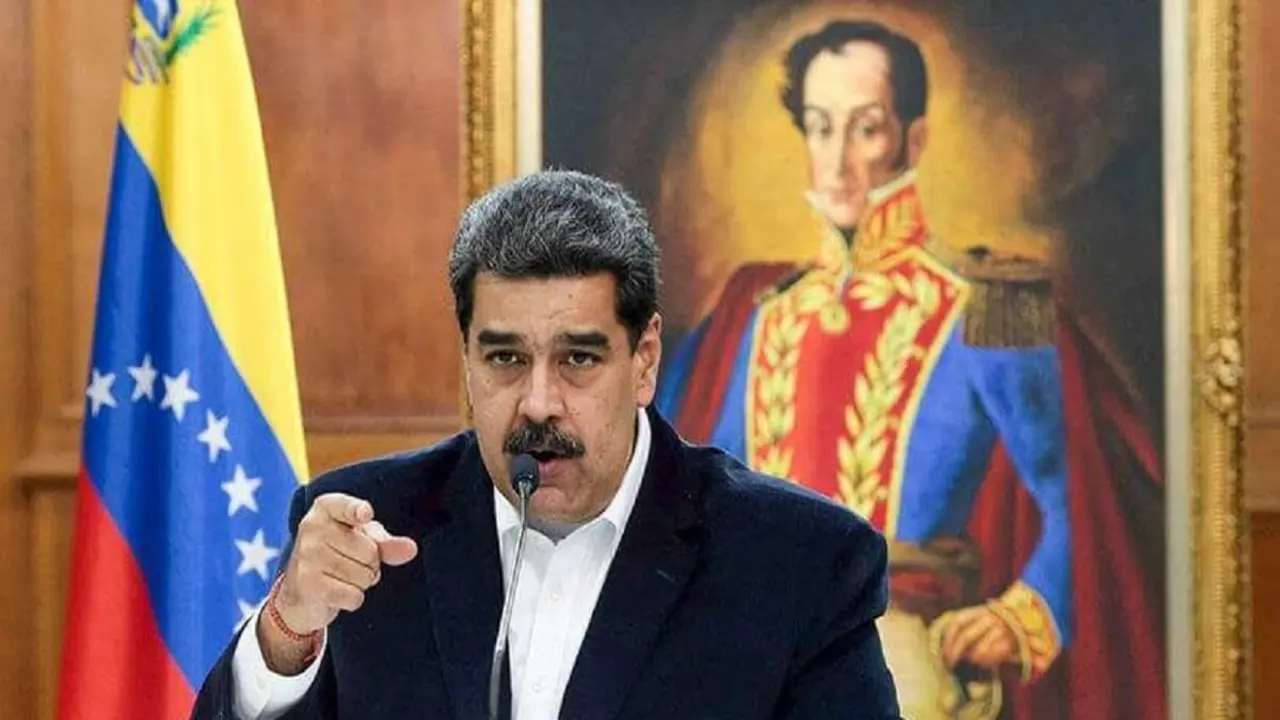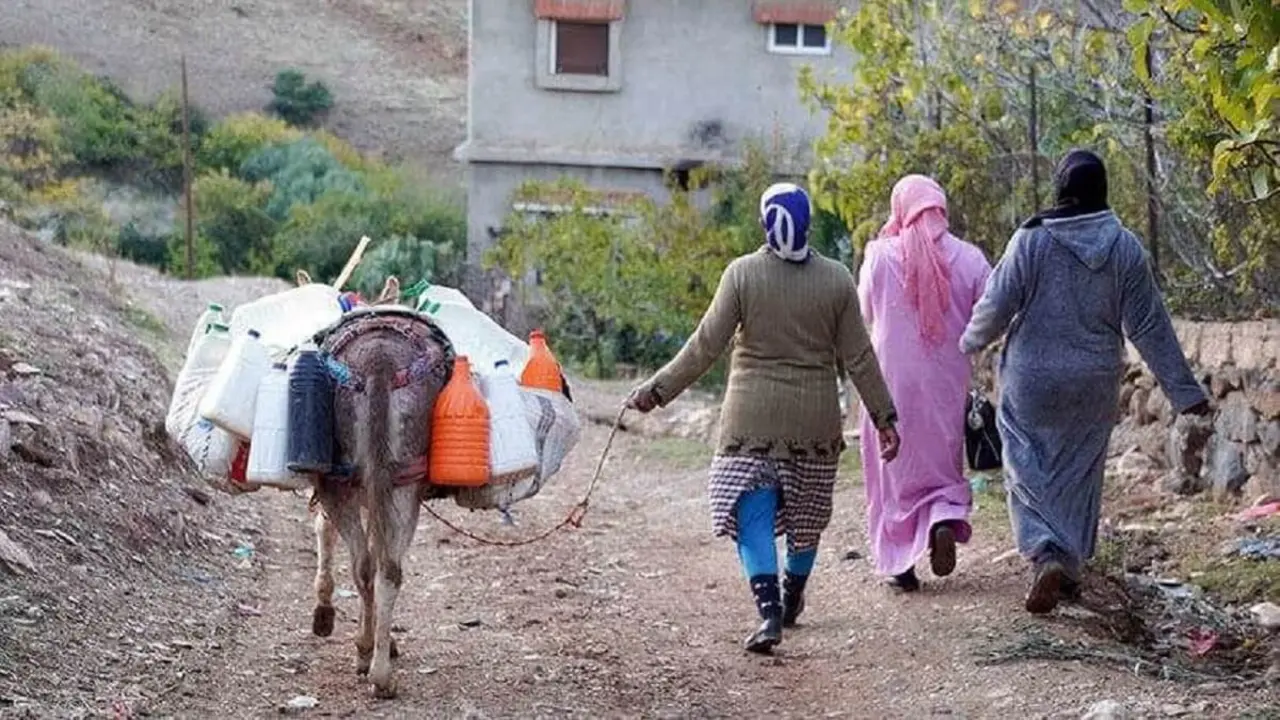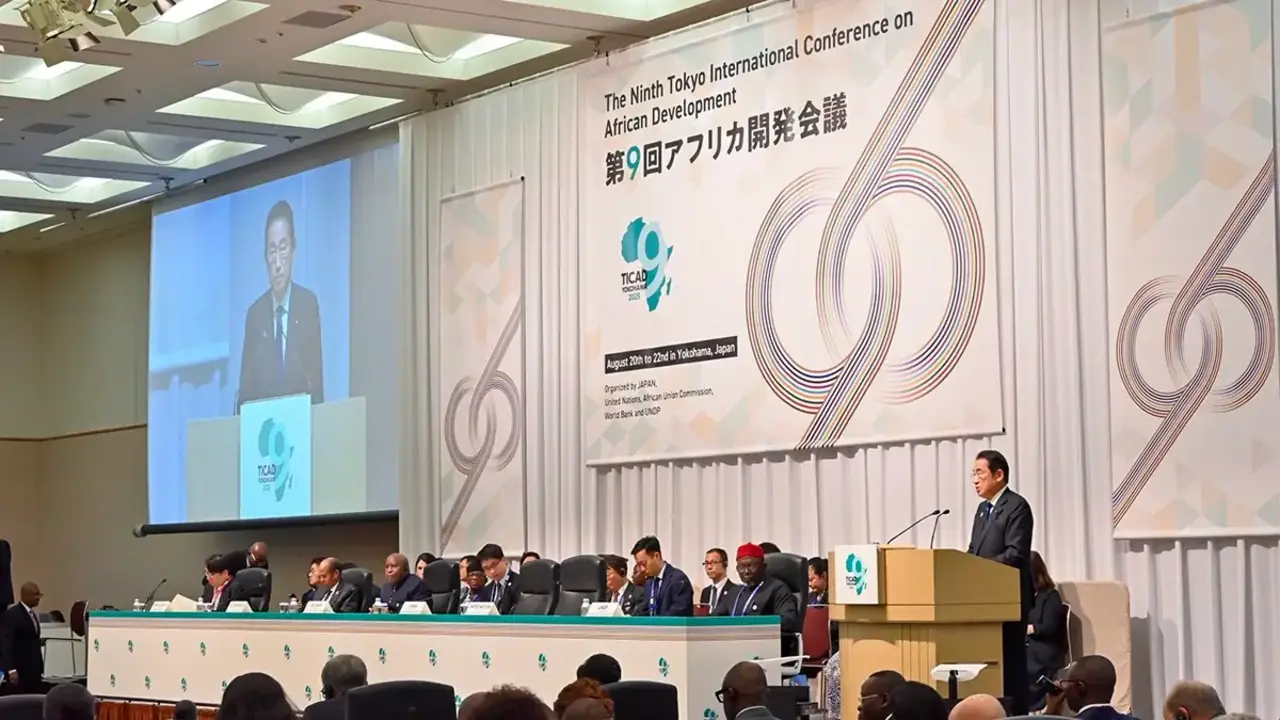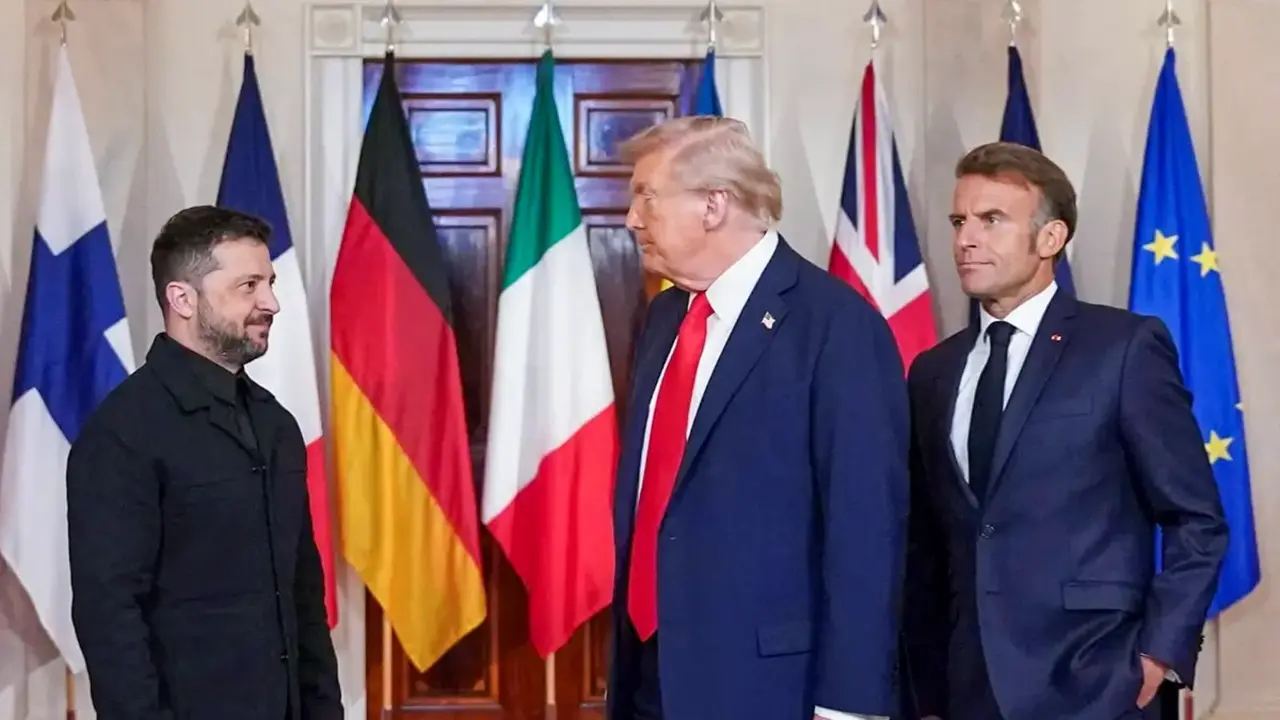Gulf leaders meet in Riyadh to strengthen regional cooperation

Leaders of the Cooperation Council for the Arab States of the Gulf (GCC) are meeting today at the 42nd summit in Riyadh to discuss regional security, multilateral diplomacy and trade. The countries that have confirmed their attendance are Bahrain, Kuwait, Oman, Saudi Arabia, the United Arab Emirates and Qatar.
The GCC summit marks the first time that Gulf leaders have met since the signing of the historic Al Ula agreement. Signed last January, the agreement saw the creation of a "unified, geostrategic bloc" to confront Gulf countries' national challenges. It also highlighted the push by Saudi Arabia's Crown Prince Mohammed bin Salman to reach an agreement with Qatar after a three-and-a-half year standoff.
That is why this GCC summit is expected to consolidate the rapprochement between Qatar and the other Gulf countries, addressing a range of issues, including foreign policy, which is precisely what led them to break diplomatic relations with Doha in 2017 over the negotiation over its support for extremist groups.

Qatar's Sheikh Hamad bin Jassim Al Thani has reaffirmed the importance of such a summit taking place as "signs of positive political harmony are beginning to appear on the horizon in the Gulf region". Sheikh Hamad, for his part, stressed that he hoped the summit would "rehabilitate the GCC and prepare it for a new stable beginning in various fields".
The holding of this summit coincides with talks between Iran and other powers aimed at salvaging the 2015 nuclear deal, known as the Joint Comprehensive Plan of Action (JCPOA), and reducing the risk of a conflict that could engulf countries in the region.
GCC member states are expected to discuss ways to de-escalate tensions with Iran. The UAE marked a shift in its foreign policy towards Iran this year, moving away from relations with Tehran. "Our interest is to try to avoid conflict at all costs," said Anwar Gargash, diplomatic adviser to the UAE president. Saudi Arabia, for its part, had the same attitude towards Iran, something that may bring these countries closer to the GCC.

Related to this, GCC members are also expected to discuss policies to de-escalate the war in Yemen, Tehran's ties with the Houthi rebels and the role of Iranian-linked militias in Iraq, Syria and Lebanon.
The context in which this summit is taking place is particularly favourable economically because of the customs union and common market among the GCC countries. This customs union, which will be 20 years old since it was established in 2002, included unified tariffs for non-GCC countries, free movement for members and uniform customs regulations, also guaranteed by its common market. According to a report issued by this Council, they have been decisive for better economic cooperation and performance.


